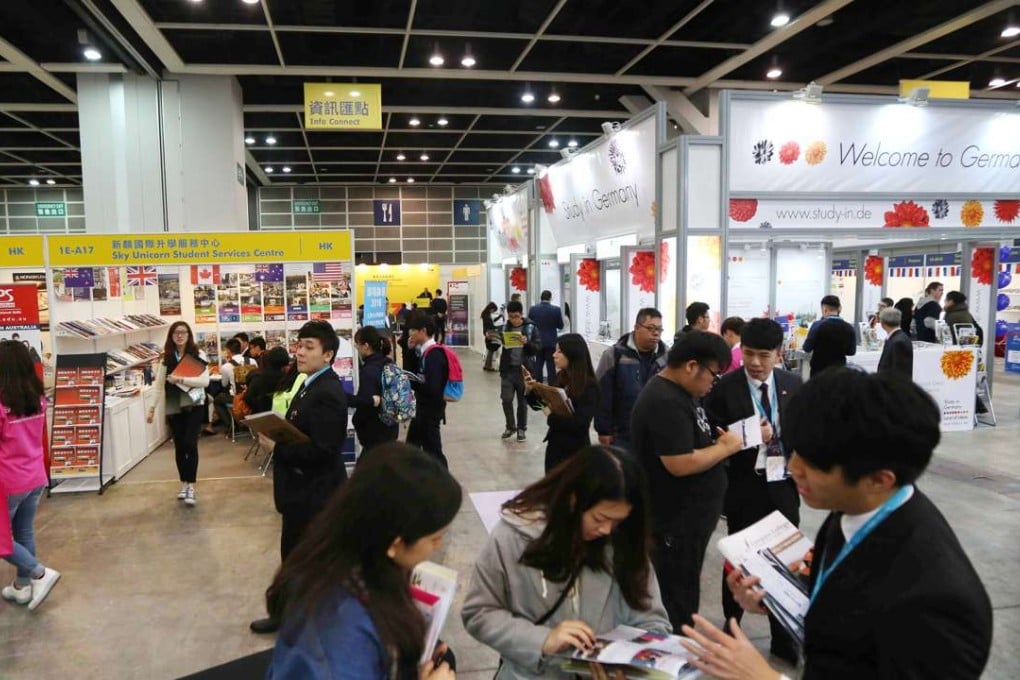Out of pocket: number of Hongkongers in higher education doubles in a decade, but wages stay flat
Government urged to do more to tackle youth poverty, such as expanding vocational education and raising the minimum wage

The number of Hongkongers in higher education nearly doubled in one decade but their wages stagnated, according to a study which warned young people faced bleak prospects unless the government took action.
In its latest research on youth poverty, the Hong Kong Council of Social Service compared statistics from government censuses and found that the number of people aged 15 and over attaining post-secondary education almost doubled from 752,027 in 2001 to 1.48 million in 2011.
But in the same period the overall wages of people with higher education showed no increase – with the percentage of those earning less than HK$20,000 a month growing from 42 per cent in 2001 to 45 per cent in 2011 – while the consumer price index grew by over 11 per cent
The council highlighted findings from a 2014 government household survey, which found that over half of the respondents aged 20 to 34 earned less than the median wage, which was then HK$14,700.
Explaining the findings on Thursday, the chief executive of the Hong Kong Council of Social Service, Chua Hoi-wai, said the government had to do more to solve the problem of youth poverty, from boosting the number of publicly funded university places and expanding vocational education, to raising the minimum wage and boosting the housing supply.

